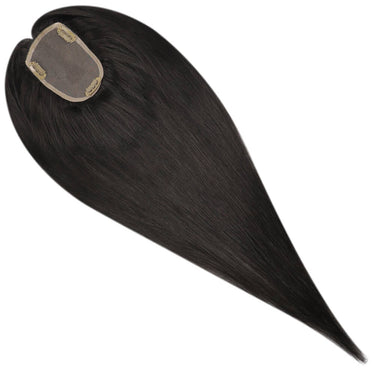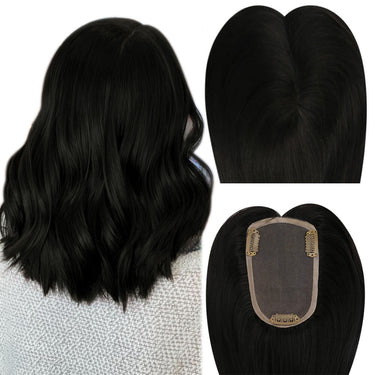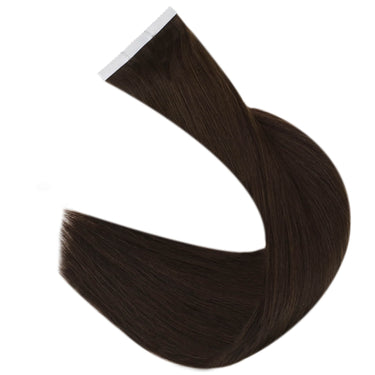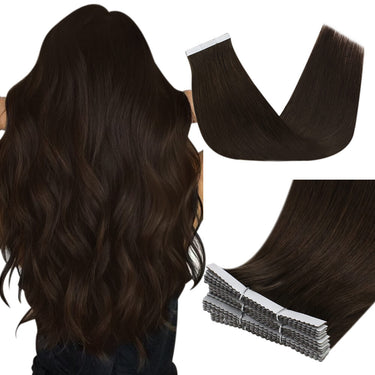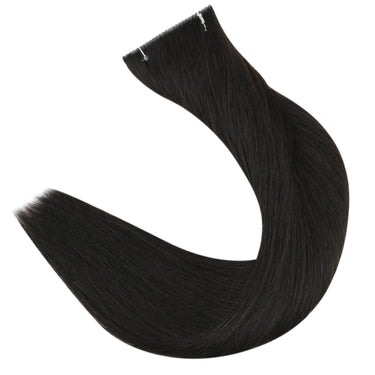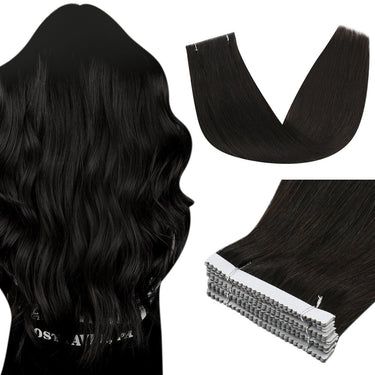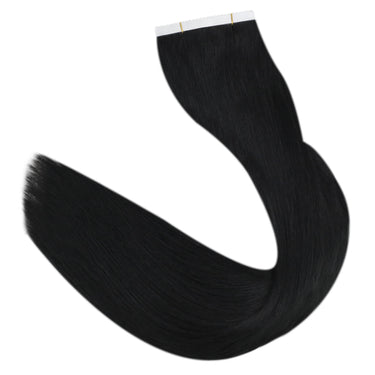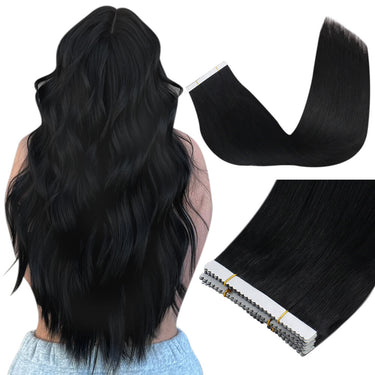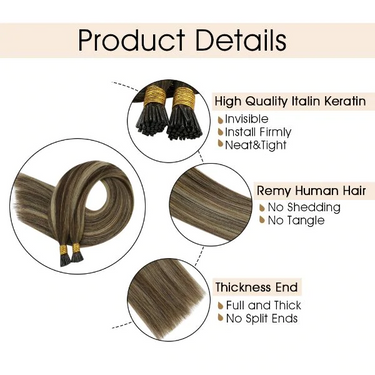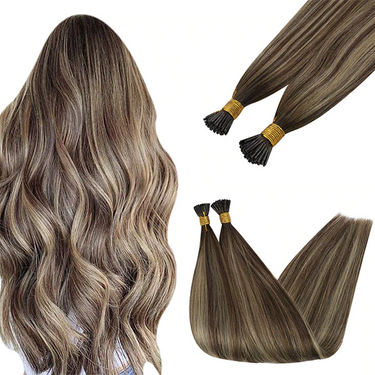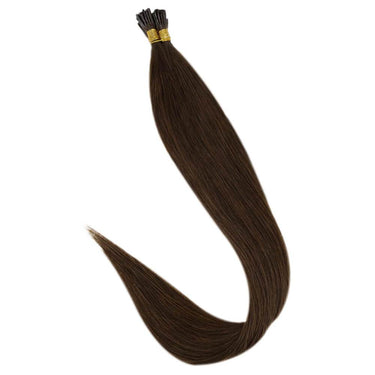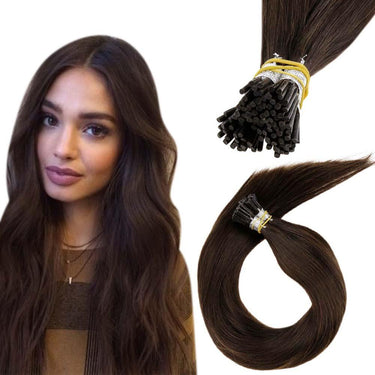How To Know If Your Hair Is Damaged
Damaged hair can display itself in various ways, including but not limited to split ends, brittle-like texture, and excessive tangling. The fact of the matter is that these undesirable signs...
Damaged hair can display itself in various ways, including but not limited to split ends, brittle-like texture, and excessive tangling. The fact of the matter is that these undesirable signs...


Damaged hair can display itself in various ways, including but not limited to split ends, brittle-like texture, and excessive tangling. The fact of the matter is that these undesirable signs are an inevitable part of our daily rhythms. Whether you color your hair, use hot tools, or tie it up every day, all of these behaviors take a toll on our strands.
These unwanted signs of damage are our strands cry for help; to take care of our hair and get it back on the track to wellness, we need to treat the root of the problem. Damaged hair requires small, consistent adjustments, not a band-aid fix. A professional hairstylist and a trichologist will point out the signs that tell us when our hair is damaged and the steps we can take to cure the root of the problem. Below, many signs of hair damage and the remedies to get your hair back to a state of health.
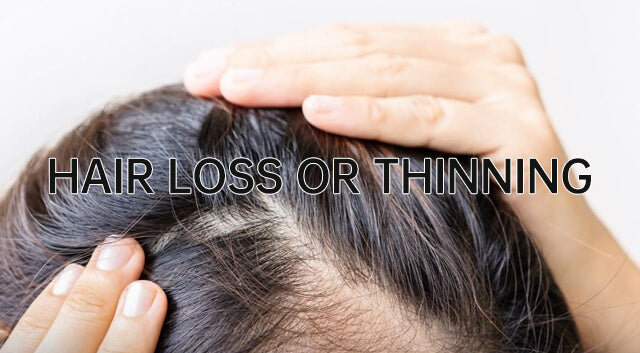
There is the natural amount of hair we lose each day that resides in our brushes or naturally sheds as we wash—and then there are signs of shedding that serve as a warning sign.
Thinning around the hairline and throughout the head has multiple contributing factors, as noted by celebrity stylist Graham Nation. "Thinning could be caused by stress, age, heavy medications, or having just had a baby," he says. To prevent this type of hair loss, Nation says the ticket is a clean scalp. "You never want the pores on your scalp to get too clogged." A good shampoo and conditioner can help alleviate this issue by "removing daily buildup while delivering strength-building nutrients from roots to ends."
"Hair loss could also be caused by a lack of protein," says BosleyMD-certified trichologist Gretchen Friese, who agrees with Nation's remedy for using a good shampoo and conditioner to help cure this type of hair damage. "Strengthening shampoo and conditioner are important," she says. "You can also consider a professional keratin treatment once a month to help strengthen your hair."
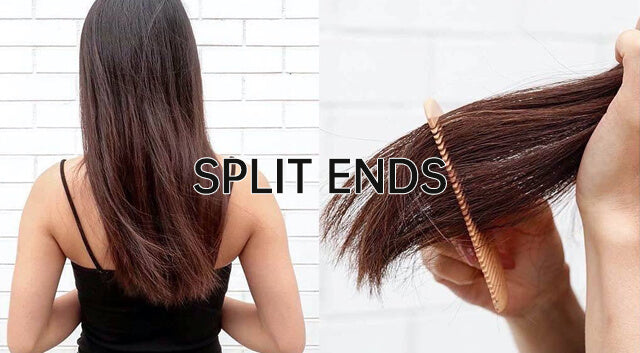
If your hair begins to fray, your ends are instantly dry when you get out of the shower, or there's a thinning effect going on toward the perimeter of your strands, you likely have split ends. Experts say that regular trims can help eliminate the damage. Cutting the hair's length will remove the damage and allow the hair to continue growing in healthy. Split ends may also be caused by the weather or dryness. This leaves the hair in need of moisture. A hydrating oil used one-to-three times throughout the day will give the hair moisture and shine by deeply sealing and protecting the hair from heat, frizz, and UV damage." With regular haircuts and frequently added moisture, you'll eliminate those split ends in no time.

When you experience breakage, it's likely due to a lack of elasticity, meaning the hair is in a fragile state and cannot stretch much without breaking.
If you're noticing breakage throughout your hair, you’re probably experiencing over processing from a color service or a chemical treatment. Keeping your hair healthy and prepared for color service is important. Using a hair mask regularly to help with the integrity of your hair.

If you're experiencing any of the signs listed above, chances are you're also experiencing excessive tangling. When the hair is already damaged and lacking moisture, the outer layer of your hair shaft is raised rather than smooth and flat; because of this, it is more prone to form knots with other strands.
Avoiding surfaces that cause excessive friction can only do favors for your hair, whether or not you're already experiencing damage to your locks. Sleep on a silk pillowcase and use a microfiber towel post-wash to protect your hair from rubbing against abrasive fabrics.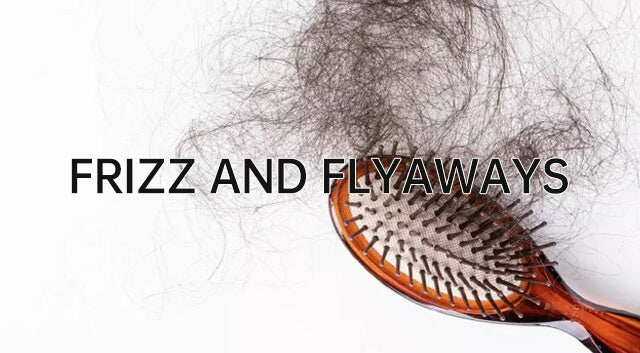
Frizz is a frequent complaint about certain hair types, and it may be your hair's cry for help. If you're noticing flyaways throughout the day and your hair's frizz makes it hard to cooperate or difficult to manage, you might be dealing with some damage.
When damage shows up as frizz or flyaways, this could be caused by dryness from weather, over-shampooing or shampooing the ends of your hair. The remedy for this, he says, is added hydration and proper haircare that preps the strands before any styling.
In the end, the hair is also in a most vulnerable state while it's wet, so rather than brushing your hair after the shower, try brushing and detangling the hair before you wash and condition.
Your cart is currently empty.
Start Shopping